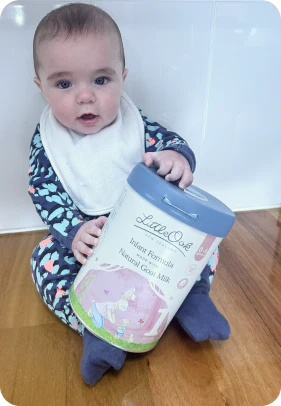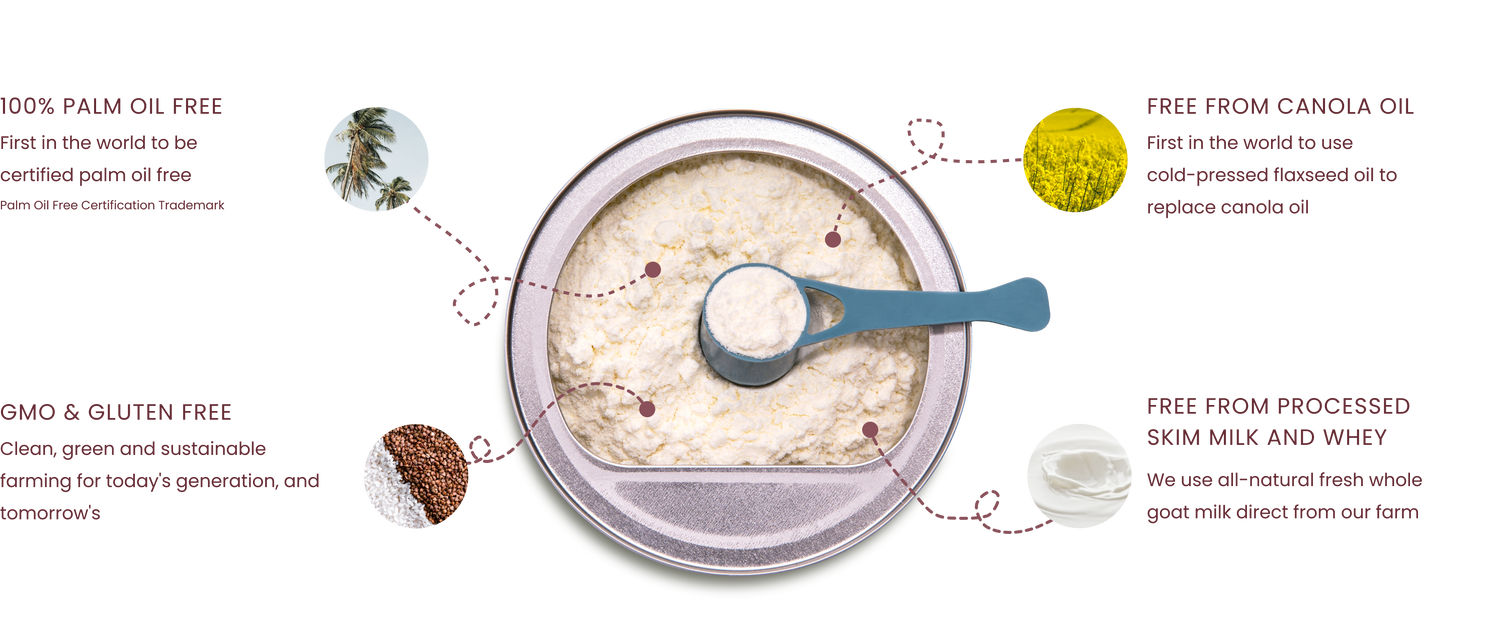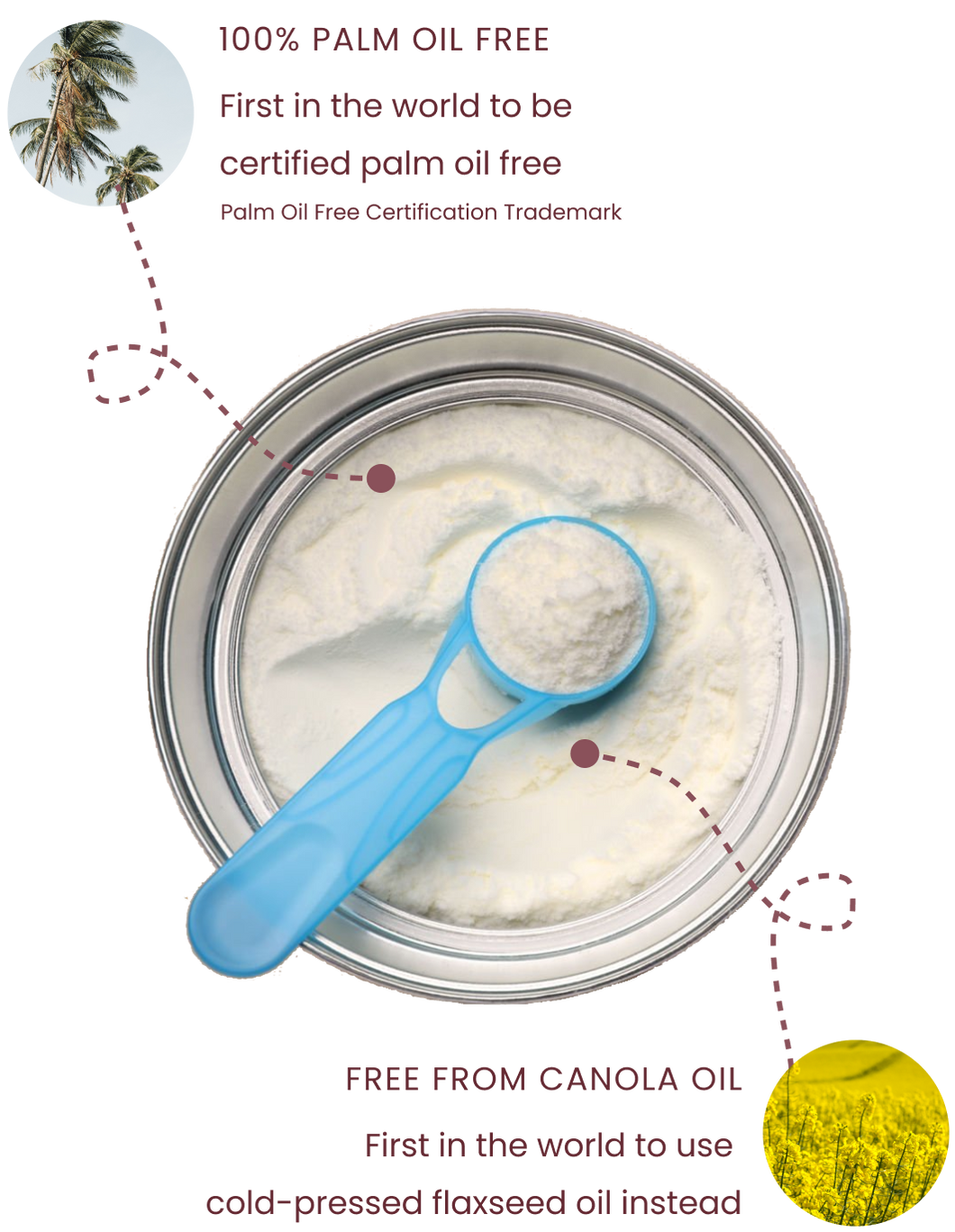By Steph Lowe, The Natural Nutritionist
Everyone’s preconception journey is different and what is most important is that you have a plan in place to create optimal health for both you and your partner prior to conception, and an incredibly healthy pregnancy and entry into motherhood. This is essential whether it be your first or subsequent preconception period, and is often more important as you continue to grow your family due to previous postnatal depletion.
There are a number of important considerations for preconception and today we will focus on the first, optimising the nutrient density of the foods you and your partner consume.
The great news is that it doesn’t need to be complicated, time consuming or expensive. Some small changes away from processed and refined foods towards wholefoods – food that comes out of the ground, off a tree or from an animal – will nourish your body and create the foundation of optimal preconception health.
My top six fertile foods are:
Organ meats: Liver is often referred to as nature’s multivitamin or the original superfood, and rightly so. Organic pasture raised chicken livers provide one of the highest source of vitamins A, B12, D and K and are also a rich source of iron. Due to the nutrient density of liver you only need a serve or two a week – try sneaking into your meatballs or make this Simple Chicken Liver Paté.
Bone broth: One of the best sources of gelatin, collagen and glutamine, bone broth has become popular in recent years for its role in gut healing. We’ll cover the role of the gut and more specifically the microbiome, in more detail in a future article however focusing on gut healing in preconception is critical for your baby’s future health, immunity and robustness. It’s super easy to make or there are many ready-made options available online or at your local health food store.
Eggs: Eggs are true powerhouses, packed with a number of nutrients that promote fertility including choline, DHA, folate, iodine and selenium. They provide omega-3 for brain development, DNA synthesis and reduce oxidative stress, which is very important when it comes to fertility in our modern day environment. From both an ethical and environmental standpoint, please purchase free range and pasture raised eggs as often as possible.
Sustainable oily fish: Rich in omega-3, oily fish helps us to better absorb the rest of the nutrients we consume. They also increase blood flow to the uterus and improve sperm health in general (motility, morphology, count and composition). Try this delicious One Tray Bake Herb-Crusted Salmon.
Slow cooked meats: a rich source of iron, B12 and folate (amongst other nutrients), red meat can be one of the best ways to boost the nutrients that are not only critical for preconception, but depleted during pregnancy. Being a source of protein, meat provides key amino acids and specifically, L-arginine, which improves blood flow and circulation to the reproductive organs and L-carnitine, which has been shown to improve sperm and egg health from a mitochondrial perspective. Slow cooking improves not only nutrient availability but digestibility, so if you’ve ever felt like you don’t digest meat well, slow cooking is the answer!
We hope you are feeling inspired and ready to add more nutrition to your plate. For more recipes and education, please visit https://thenaturalnutritionist.com.au.



























